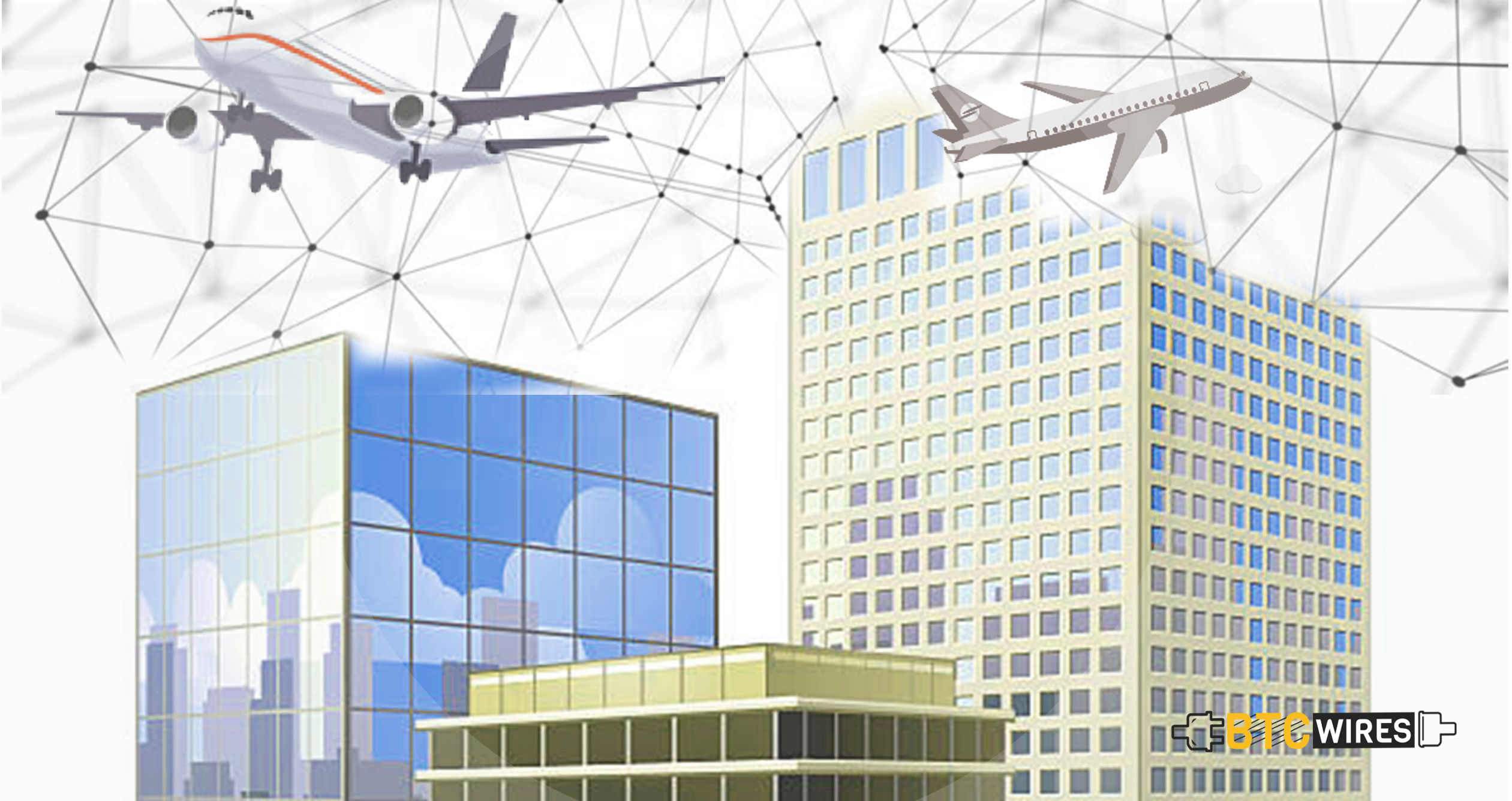Dr. Olumuyiwa Benard Aliu, the President of the United Nation’s specialized agency

Dr. Olumuyiwa Benard Aliu, the President of the United Nation’s specialized agency for aviation has recently said that he sees great potential for implementation of Blockchain technology in the aviation sector across the globe. Dr. Alieu made these comments while interacting with an international audience comprising of government officials, aviation and tech experts.
Dr. Alliu was attending the inaugural Council for the International Civil Aviation Organization (ICAO) Blockchain Summit and Exhibition in Abu Dhabi. During his interaction, he noted that the air traffic is going to double up in the next 15 years, and Blockchain could help the current resources to be managed efficiently and ease up the burden for coming years.
Dr. Alliu explained that as the number of passengers opting for air travel increases over the years, it would also lead to increased ticketing services, intensified carriage handling along with the accompanying tracking, administrative and certification requirements. If these areas are not built as per the required demands, it can lead to chaos of the highest order.
Dr. Alliu said,
“Blockchain has the potential to virtually exclude loss, distortion, or forgery of vital log data in all aviation sectors where certificates are issued and controlled.”
How Aviation Can Benefit of the Blockchain Technology
Aviation agency needs to deal with a lot of passenger data and Dr. Alliu belives blockchain can be implemented across virtually all areas of aviation where complex records — that are crucial for safety — need to be created and updated including personnel licensing, aircraft maintenance, operational approvals, and cargo manifests.
Another major implementation of blockchain can be used for passenger identification which is quite tiring at the moment. With Blockchain into the picture, the identification process can be more simplified not just for aviation industry but also for the governments.
Dr. Alliu believes that integration of the technology will lead to a more sustainable future as well as fundamental changes in the industry. He explained,
“The aviation system today relies mostly on human agents or intermediaries to assume validation activities, and so we can foresee that the integration of blockchain […] in support of a state’s aviation safety oversight system, for example, would likely require substantial adjustments to related regulations, procedures, and responsibilities”
Dr. Alliu also stressed on the need to create a robust global cybersecurity system with the help of blockchain and smart contracts which can help the aviation industry to manage critical safety and security processes for civil aviation.
